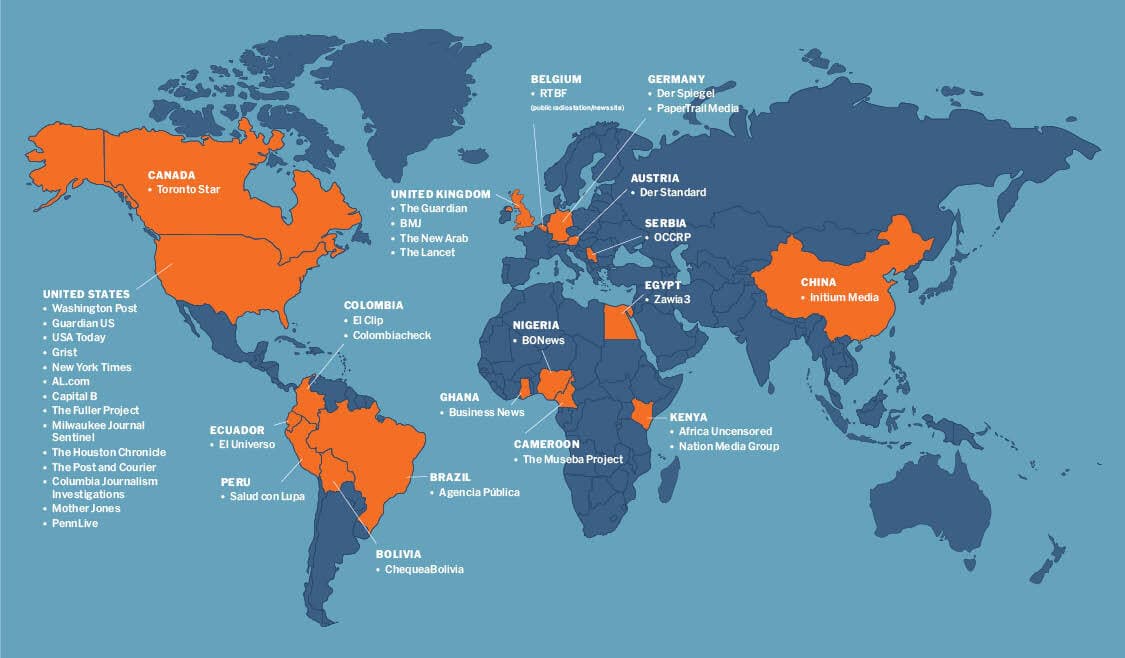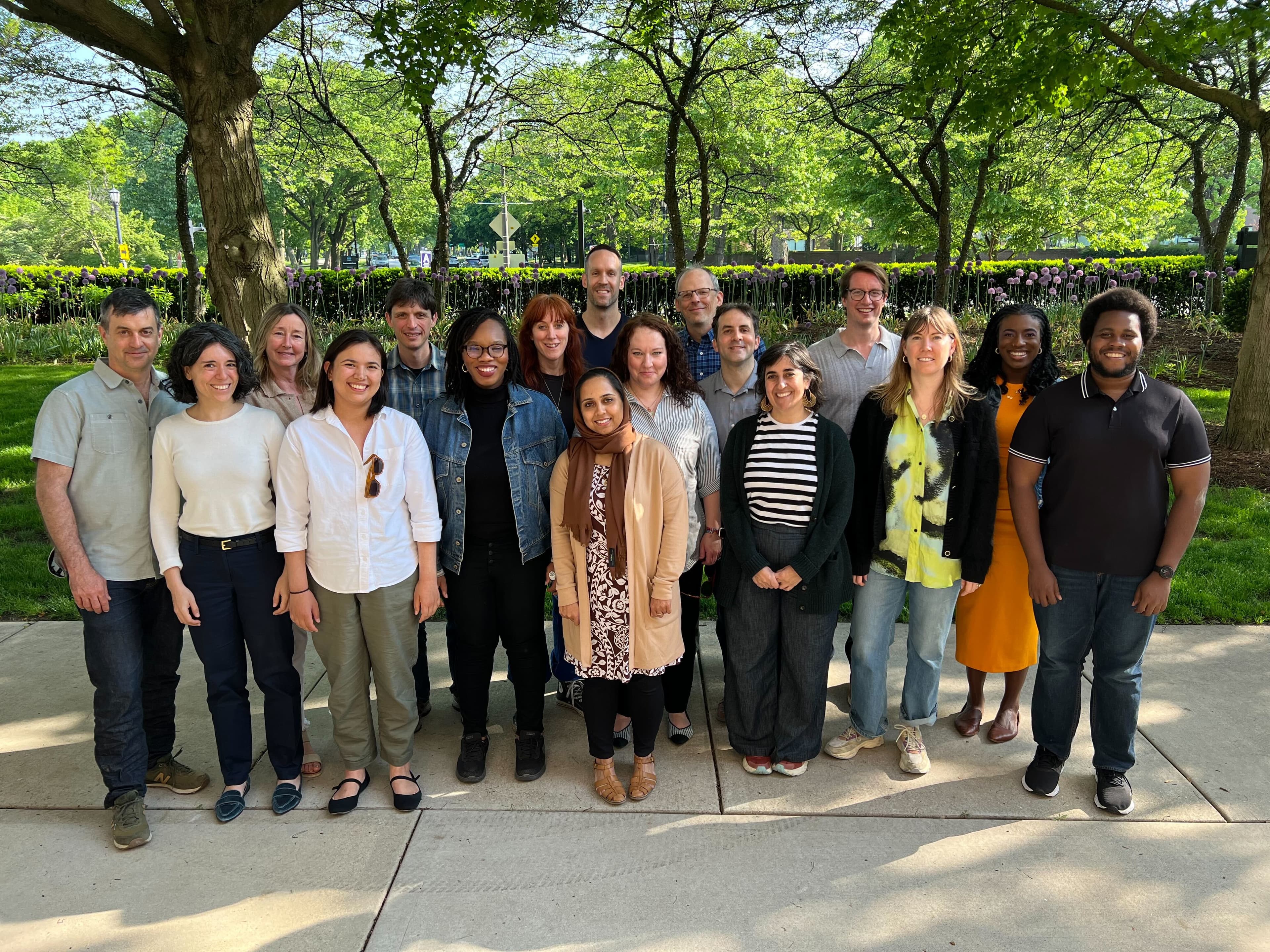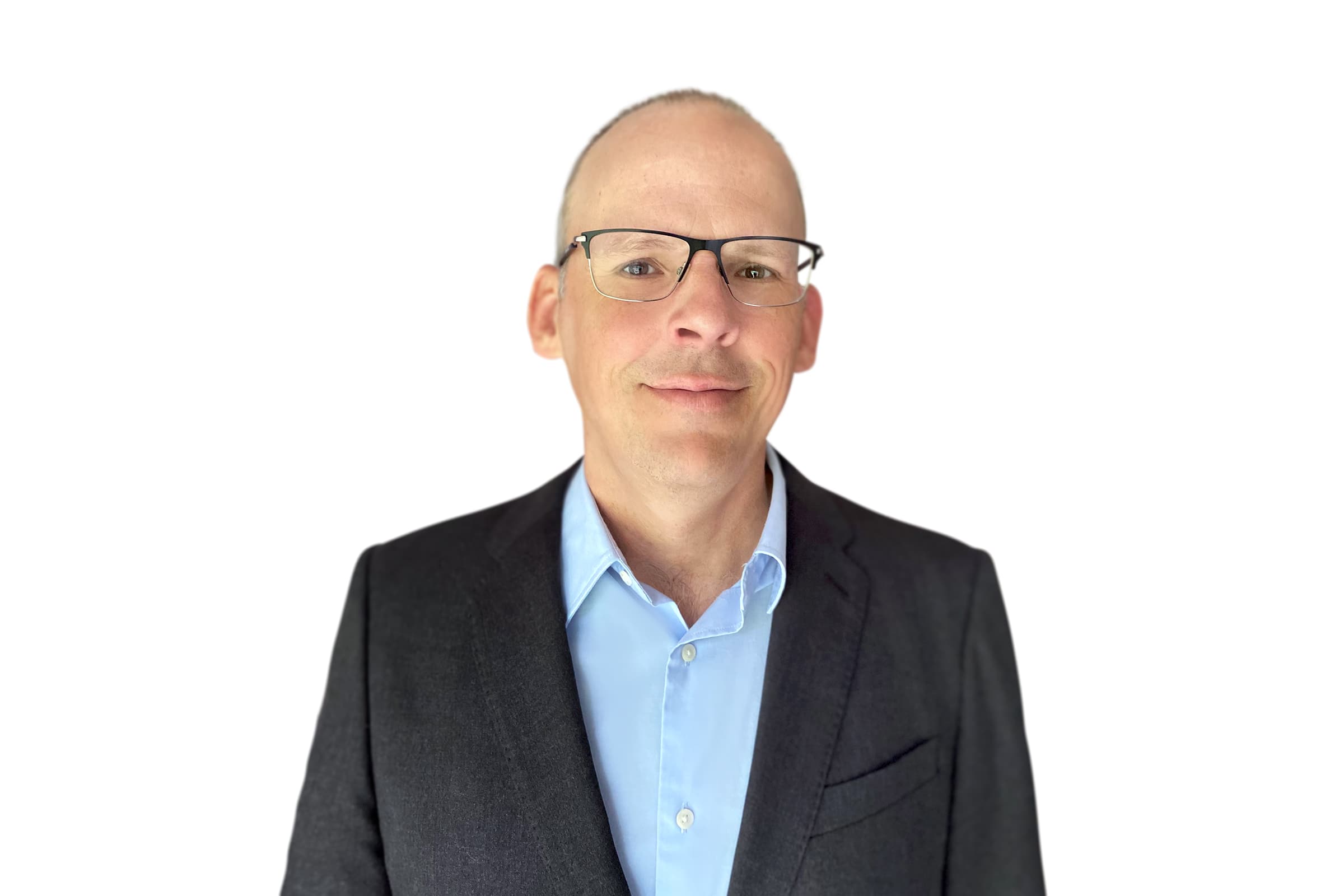I slept through the most important single moment in The Examination’s history.
It was the morning of September 13, 2023. I’d set my alarm for 4 a.m. The Examination’s website was due to go live an hour later, as would the two major investigations we’d labored over for months.
My hand woke up enough to hit the snooze button, apparently more than once, without my brain activating at all. At 5:45 a.m. I awoke with a start, and a panic.
It had been a long few weeks, months, a year. I started The Examination just nine months earlier, with big ambitions to create the world’s first investigative newsroom dedicated to global public health. The ultimate ambition: revelatory journalism about health threats and those responsible that sparks positive change — improving, and even saving, lives.
Asraa Mustufa, our managing editor, and Will Fitzgibbon, an investigative reporter who moonlights as our global partnership coordinator, joined soon after.
The next months were a blur. We hired staff, commissioned stories, formed partnerships with other news organizations and tried to build organizational infrastructure. We collaborated with designers to construct our website and a marketing firm to drum up some attention for our baby news outlet.
I set up shop in a friendly newsroom, until it closed, and then from a defunct, possibly haunted, elementary school converted, sort of, into a co-working space.
And then, as the summer ticked by, our little team worked long hours trying to land stories, each involving multiple partners and a blizzard of reporting challenges.
Reporter Jason McLure was pursuing the first investigation greenlit by The Examination: a deep dive into China’s state-controlled tobacco monopoly, which has worked for two decades to dismantle or derail the country’s tobacco control commitments. Accomplishing informed reporting about China is tough enough: critical reporting from inside the country can pose near insurmountable challenges.
In hindsight, perhaps not the safest bet to stake the launch of a news organization upon, but we also wanted to make a point that we would not shy away from tough stories – but that, in fact, doing so was core to what we do here.
Meanwhile, reporter Sasha Chavkin had teamed up with The Washington Post to reveal how the food, beverage and dietary supplement industries pay registered dieticians to promote their products on Instagram and TikTok. American Beverage, a trade and lobbying group representing Coca-Cola, PepsiCo and other companies, had paid for at least 35 posts.
Challenging industries with practices or products that threaten public health is also part of The Examination’s DNA. And make no mistake: those industries do not welcome critical coverage.
These initial investigations, along with a probing analysis published with The Guardian U.S. about the long-running failure of U.S. regulatory agencies to keep up with new chemical compounds and products, were all to land at the same time, on the same day – which had finally dawned.
I rubbed my bleary eyes. Go-time was 45 minutes ago.
I hauled myself to the couch, and opened my laptop in a panic. Behold! There it was, our website with its distinctive black/white color scheme, our tagline – fearless journalism for a healthier world – and our stories on display to see, click, read.
Asraa had stayed up all night to produce our stories and troubleshoot issues with our new website, working with the talented team from Gladeye in New Zealand. And promptly at 5 a.m. EST, they turned on the lights in our public-facing shop. (A keystroke, and a website, but you get the idea).
It wouldn’t be Asraa’s last late night for The Examination.
Over the past 365 days, we have done our best to deliver on what we consider a distinct and vital mission: to help bring about a healthier world through independent investigative journalism.
Our approach, from the outset, has been to dig deep into the causes and costs of preventable health crises that sicken and kill tens of millions of people each year — journalism that is in critically short supply. And we don’t just report stories: we have created roles dedicated to making sure our work makes a tangible difference in the real world, and that the people most affected by global health inequity remain at the heart of everything we do.
Ours is anything but a niche concern. Consider: just a handful of commercial enterprises – companies that sell tobacco, ultra processed food, alcohol and oil and gas – are alone responsible for as many as a third of all global deaths.
The toll is profound. Families are broken apart, health care systems are strained and national treasuries are depleted. This suffering is often experienced by poor and marginalized communities that can least bear the costs. And many of the same forces that threaten lives are also degrading the environment, and contributing to climate change.
Subscribe to our newsletter
Global health reporting, straight to your inbox
Our reporting so far has taken us to communities in Cameroon, Ghana, the Republic of Congo that are home to lead battery recycling plants, one of the world’s most polluting and health-threatening industries. Our investigation with The Museba Project, Ghana Business News and Grist have already led to the forced closure of a facility that our testing showed was spewing lead-laced dust into a neighborhood, where it was registering in the blood samples of locals, including children, at shockingly high levels.
We’ve reported on Kenya, where the tobacco industry’s latest addictive product, nicotine pouches, have taken off. Our stories with Africa Uncensored and The Guardian on a lobbying campaign by British American Tobacco on public officials to weaken health warnings sparked a backlash: a call for explicit new health warnings on nicotine pouches, and contributed to a decision by British American Tobacco to cancel a planned new factory.
And we’ve reported from the U.S. Sasha’s reporting with the Washington Post on “influencer” dieticians hawking sugary and processed foods on social media platforms, where they were seen by millions of people, prompted the Federal Trade Commission to enforce stricter standards for social media advertising disclosure and send warning letters to some of the dieticians we featured in our reporting, and to the industry trade groups behind many of the ads.
We’ve also covered on the tobacco industry’s efforts to influence health policy around vaping in Latin America, forever chemical polluters receiving lucrative contracts to help develop lithium-ion batteries; oil wells and tanks leaking harmful hydrogen sulfide gas in Texas; tainted applesauce poisoning children and regulators’ failure to detect it – and much more.
We’ve done so, at every turn, through collaborations with news partners, big and small. We are especially proud of our partnerships with local and regional news outlets, working in communities too often ignored by the media and policymakers.

We also reach out beyond the journalism industry, making sure our reporting involves and engages scientists, civil society organizations, health professionals and many others whose work it can strengthen — and vice versa.
Our journalism has better informed audiences around the globe about a range of preventable health threats, and the individuals, institutions and industries responsible. And it’s been used to drive change, from those on the ground to those in power.
Spotlight on impact
Read our one-year anniversary report here!
Accomplishing change-driving investigative journalism comes at a substantial cost. We spend weeks and months digging through reports, lawsuits and leaked documents, interviewing key sources, visiting communities affected, planning and problem-solving with reporting partners and other collaborators, collecting and analyzing relevant data, editing and fact checking and producing our stories. And while we lean on prior experience, each investigation poses discrete and unique challenges.
Getting it right requires an experienced and dedicated staff – and to be direct, quite a bit of money. We’ve been incredibly fortunate to be on the receiving end of grants and donations that have powered our newsroom. To keep going, we need to build on that support.
If you believe, like we do, that holding accountable individuals, institutions and industries responsible for vast death and planetary damage is an absolutely vital part of any effort to address those problems, please consider making a donation.
Support The Examination
Help sustain independent journalism for a healthier world.

